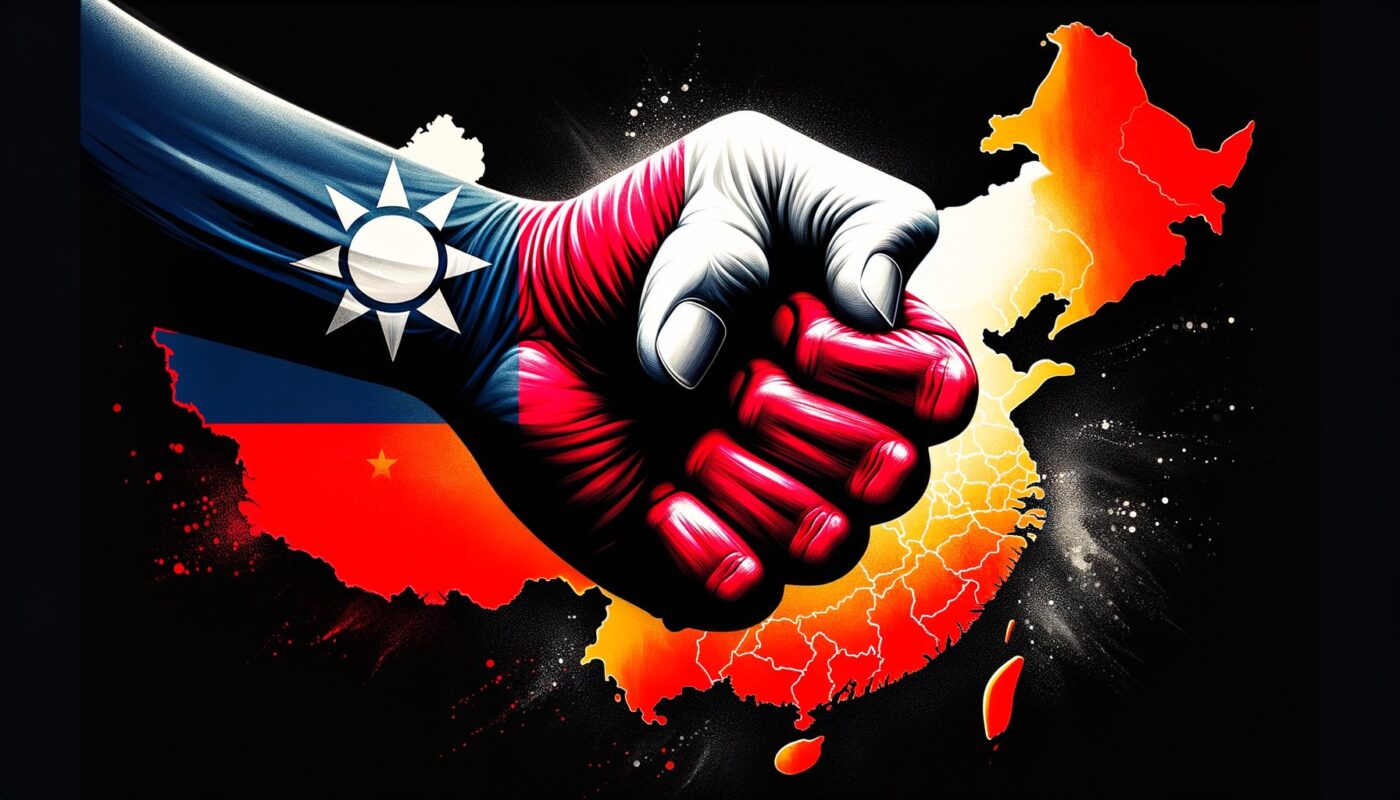Taiwanese President Lai Ching-te delivered a stirring address on National Day, reaffirming his commitment to resist any attempts by China to annex Taiwan. His speech underscored Taiwan’s resolve to defend its sovereignty and maintain its self-governing status, a message that resonated widely amidst increasing regional tensions.
A Firm Stand Against Annexation
In his National Day remarks, President Lai Ching-te boldly stated, “The People’s Republic of China has no right to represent Taiwan.” He affirmed his firm commitment to uphold Taiwan’s sovereignty and reject any form of annexation. This resolute declaration drew critical responses from Beijing, with Chinese officials accusing Lai of attempting to sever historical ties between the nations.
Beijing’s Antagonistic Response
Following Lai’s speech, Chinese Foreign Ministry spokesperson Mao Ning asserted that Lai’s comments were a clear attempt to advance Taiwan’s independence agenda and escalate tensions for personal political gain. Such statements from Taiwan often trigger military demonstrations from China, raising fears of further escalations in the Taiwan Strait. A detailed report on previous geopolitical tensions involving Chinese activities can be found in the article about Chinese espionage campaigns.
Taiwan’s Strategic Position and U.S. Support
Taiwan continues to assert its strategic autonomy, supported by the U.S., which has pledged to maintain informal relations and provide arms. Despite these assurances, a recent poll by the Chicago Council of Global Affairs reveals a divided American public stance, with a significant majority favoring the maintenance of the status quo over outright independence or unification with China. Discussions also suggest that a large proportion of Americans oppose direct military intervention, reflecting the complex geopolitics at play.
Military Preparations and Possible Outcomes
Chinese leader Xi Jinping has instructed his military to prepare for potential intervention in Taiwan by 2027. This timeline, although indicative of strategic intent, does not necessarily signal imminent conflict. Meanwhile, the U.S. military remains vigilant, aiming to be similarly prepared by the same year to counter potential threats. For more insight into similar military strategies, you can read about U.S. aid milestones.
Public Sentiment on Both Sides
Interestingly, a separate survey conducted by a Taiwanese think tank indicates that while a majority of Taiwanese acknowledge the threat from China, about 61 percent do not anticipate an attack within the next five years. This sentiment contrasts with the alarm often portrayed in international media, revealing a more nuanced reality on the ground in Taiwan.
In conclusion, President Lai’s forthright National Day speech has not only reaffirmed Taiwan’s determination to resist Chinese aggression but has also highlighted the complex web of geopolitical dynamics in the region. As global attention remains fixed on the Taiwan Strait, the international community continues to watch closely, awaiting any developments that might shift the regional balance of power. For ongoing updates on this evolving situation, the original coverage by AOL offers in-depth insights.
Warning : This information is indicative and without guarantee of accuracy. Consult a professional before making any decision.





